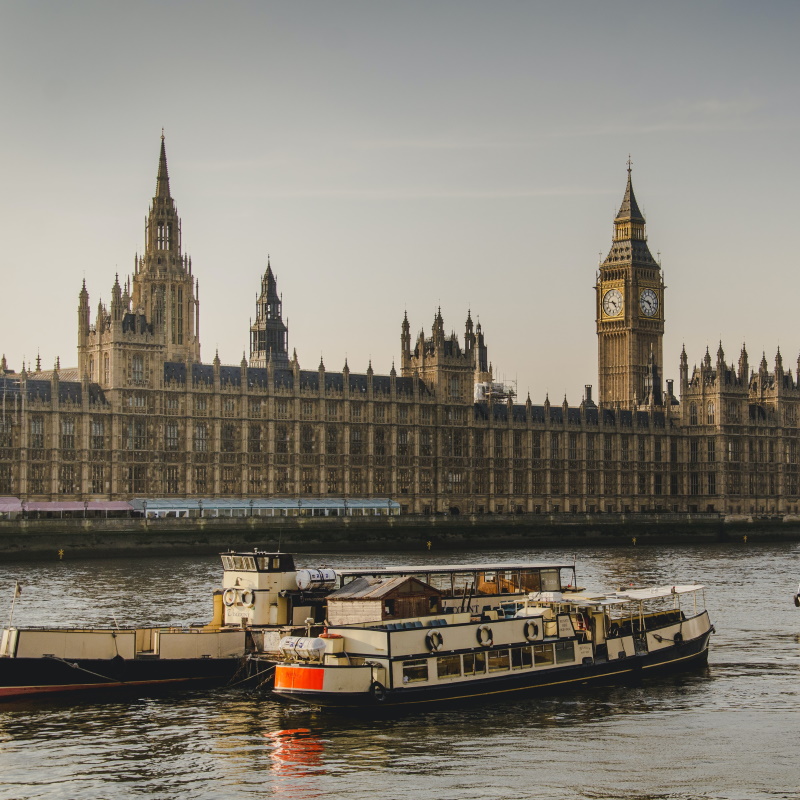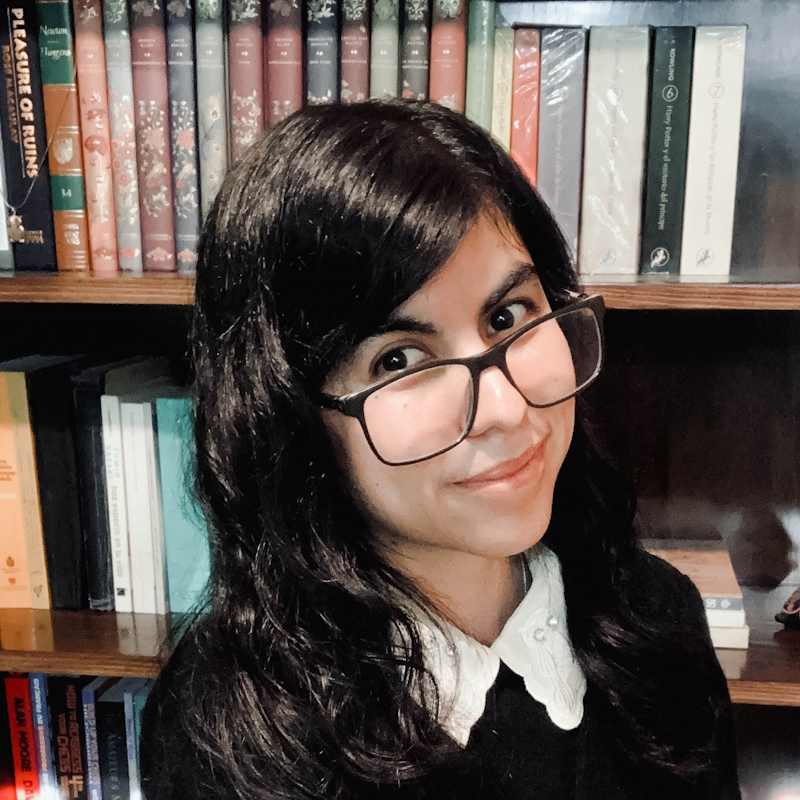Professor Ruth Morgan reflects on her time as a special adviser for the Lords science and technology committee.

My outlook as an academic has been profoundly and fundamentally changed. The House ofLords Science and Technology Select Committee spent a year on their inquiry into forensicscience. It was a significant inquiry because it was the first to address the whole forensicscience system, looking not only at the investigation of crimes and the delivery of forensicservices, but also at the use of science in the courts and the status of the research thatunderpins the science. Spending that year with the Select Committee as the SpecialistAdviser for the inquiry has impacted my thinking about our role as scientists and the role ofscience in society, and as a result, the way our group is doing our research has changed. It hasencouraged us to think even more creatively about raising awareness of the challenges in ourdiscipline, and how to bring positive steps to the table. It has also fuelled our thinking abouthow we can be part of enabling the current and future generation of researchers to focusenergy and passion to address the challenges we face now as well as anticipate those we willface in the future.
However, my reflection of that time with the committee goes further than forensic science. As I look back there are four observations which I will carry with me going forward.
1. The power of synthesis
While with the committee, I had the opportunity to witness the mastery of synthesis. The Committee is made up of highly respected people who all have significant impact in their professional lives. They have led corporations, ministries, global charities and NGOs, defined policies and led some of the leading institutions in the world - they have all without exception reached the highest levels of seniority in their fields, and it shows. An inquiry such as this
one set out to be broad and far reaching. As a result, the written and oral evidence that was received spanned science, research, policing, the market of forensic services, the criminal justice system and policy. There was also a good amount of evidence submitted, as so many different domains had important insights to offer and voices to be heard. In dealing with each submission and briefing for each session, I have never seen such a compelling worked example of the importance of being able to absorb a lot of material, identify the key issues or strands of argument, and then be able to distil that into a concise understanding of the core issues that are pertinent to the topic at hand. Watch any of the oral evidence sessions of the inquiry and you will see the results.
My observation is that this skill of synthesis, and the training we offer to develop it, is being relegated in importance in our education system. As an academic working within a university, I am renewed in my conviction that the way we teach and mentor our students needs to be mindful that the next generation of world leaders will be adept at synthesising large amounts of information, often outside an area of immediate expertise. They will also need to be aware of the gaps that currently exist, and bring structure and insights that help us to forge new paths going forward. These are the skills that will create opportunities that enable innovation and problem solving that has the potential to change the world.
2. The necessity of accepting complexity and uncertainty
The world is complex and as we increase our ability to know about, see, detect and curate information and insights, our understanding of the true levels of complexity necessarily increases. At the same time, we can see that there is a tendency to reduce complex challenges and issues to simple binary and finite problems (which can then have ‘simple’ solutions). If we want to truly address the most pressing challenges that we face as a society whether that is climate change, poverty, a pandemic, discrimination, or forensic science, we have to be willing to engage with complexity, and the uncertainty and necessity of taking
risks that comes with it.
A lot can happen when different groups (such as specific stakeholders, or individual research groups) act and address a specific issue such as rapidly developing and trialling a new vaccine. With the structures in place to deliver it effectively, there is potential for breakthroughs as we have seen in 2021. However, we need more than innovation and good structures. When it comes to the big challenges we face globally we need to develop vision and the infrastructures that have the ‘big picture’ in mind. The Select Committees are uniquely placed to investigate the big picture as they bring diverse knowledge and expertise from science, economics, business, industry from across not only the UK but globally to the challenge in question. This is important because if the infrastructure at the national and international level is not in place and optimised, our ability to change things for the better is severely compromised.
Philosophy and rhetoric can get us a long way, but effective infrastructures, whether that is establishing which department has oversight and accountability for a particular area, or ensuring that there are transparent and easily navigable processes for delivering services in a stable and sustainable market, or ensuring that there is a common language and system of values across a range of stakeholders, or addressing the way we work to enable equality and diversity in the workplace, are key to enabling agile responses to current and future challenges. If we can create good structures alongside our philosophy, we are on an exciting road to developing pathways to solutions that are tenacious and capable of engaging with dynamic and complex scenarios and making breakthroughs that address the challenges we face.
3. The value of experience of the world, and bringing together a broad range of expertise
There was one session during the inquiry when I was able to witness a fascinating discussion that was seeking to identify the best step forward to derive a clear recommendation. It was a topic that brought together the Committee members’ experience and expertise in science, policy, government, fiscal policy, the judiciary, public services, industry and the Higher Education sector. I will never forget the level of insight that was brought to the table, the consideration of different views and above all the experience in the room that informed the direction of the discussion and the ultimate conclusion that was reached.
There is always a need for experts in specific fields and domains. However, there is also untold value in experts who have a working knowledge of the wider machinations of society, its infrastructures and connections, and who situate their expertise within that context. Add to the mix a good understanding of people (individuals and institutions), what they are about and what they can do within existing infrastructures and processes, and then things really begin to take a form that can have traction. Developing an ability to present new ideas in a way that is engaging to the audience as well as mindful of that audience’s drivers and needs, is a crucial part of ultimately offering solutions that will effect changes for the better.
4. The importance of commitment to getting salient answers
One of the fascinating things I observed during my time with the Committee was that it was often difficult to discern political affiliations. The genuine commitment to address the topic of the inquiry in a robust, evidence led manner that was not satisfied with superficial answers or cursory dealings with important topics was clear in every single step of the inquiry. The topics that the Science and Technology Committee address are, by their nature, pressing and complex, and are often topics that require courage to tackle. I observed a real commitment to asking salient questions and getting clear answers which often involved probing the issues at hand in each oral evidence session. The follow-up questions asked by the members were insightful and responsive to the content that the witness had presented, and were always aimed at getting under the surface and to the real heart of the matter under consideration.
There are some issues that require answers that, as yet, we do not have the data or insights needed to find the answers we need. In those situations it can be easier to stop probing because that data are not forthcoming, difficult to capture, or not even in existence. However, looking forward there is untold value of pursuing those answers, even if we do not have the answers right now, because we need to create the opportunities and spaces so that we can find them.
I am not suggesting that it is always easy, but a commitment to take a broad view, hear voices from different fields, learn from the past, and have a bold vision for the future, can create a space where change can begin. Changes that make a difference need a pathway that incorporates an understanding of the wider machinations of the political, business, cultural spheres, yet is not willing to compromise on the foundationally important things. Discerning that path is certainly not easy, but there is much to learn from the approach of the House of Lords Specialist Committees of bringing together experience and agile mindsets to tacklecomplex important challenges and discern the next steps forward.





